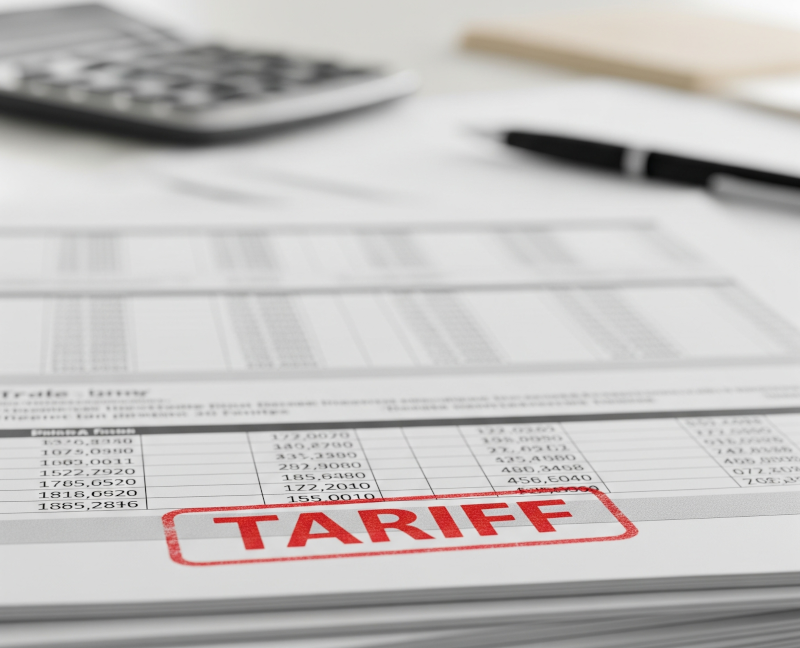Recent days have been a true rollercoaster for global trade and the transportation sector. A US federal court invalidated President Donald Trump’s sweeping tariffs, ruling that the International Emergency Economic Powers Act (IEEPA) does not grant him unlimited authority in this matter. However, the joy was short-lived – the very next day, the Court of Appeals temporarily reinstated the suspended duties, including those imposed on Canada, Mexico, and China. This uncertainty has real consequences for the transportation industry.
Analysts agree: short breaks in tariff enforcement, such as the one lasting less than 24 hours, offer no measurable benefits. Avery Vise of FTR Transportation Intelligence emphasizes that even if the courts ultimately limit the president’s ability to impose tariffs, the administration will likely seek to implement them in other ways. “Disruption and uncertainty remain, and in some respects are even heightened,” says Vise. Experts like Travis Kulpa and Jason Miller do not expect significant changes in nationwide market conditions for transportation. Companies will most likely adopt a wait-and-see approach.
While some importers may try to expedite shipments to the US, especially those previously subject to high tariffs, the lack of clarity regarding the future of tariffs makes the situation very difficult. The initial ruling might have prompted importers to move goods out of bonded warehouses, which would have generated local transportation activity. A short-term increase in cross-border traffic is also possible as companies try to take advantage of duty-free treatment. However, FTR is skeptical whether this will translate into sustained growth in activity, given the risk of tariffs being reinstated.
Unpredictable tariff policy, full of sudden twists and turns, is like storm waves for the entire transportation industry, but it hits small businesses, those with fleets of 10-20 trucks, particularly hard. For giants like Amazon or Walmart, short-term fluctuations can be inconvenient, but they have the resources and flexibility to absorb them. Small transportation companies are much more vulnerable to serious consequences.
Tariff policy generates enormous uncertainty and risk for small trucking companies. Lack of predictability in demand for goods, rising operating costs, limited resources for adaptation, and pressure to lower rates are just some of the challenges. These companies, operating on thin margins, are extremely sensitive to any disruptions in supply chains. As a result, the dynamic and often chaotic tariff policy poses a threat of loss of profitability and even being pushed out of the market if they do not find effective adaptation strategies in this unstable environment.
Wishing you a wide and safe road! All About Trucks & Translab! We put Truckers first!!
